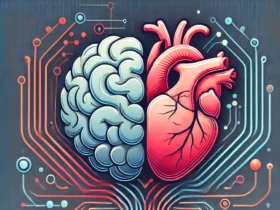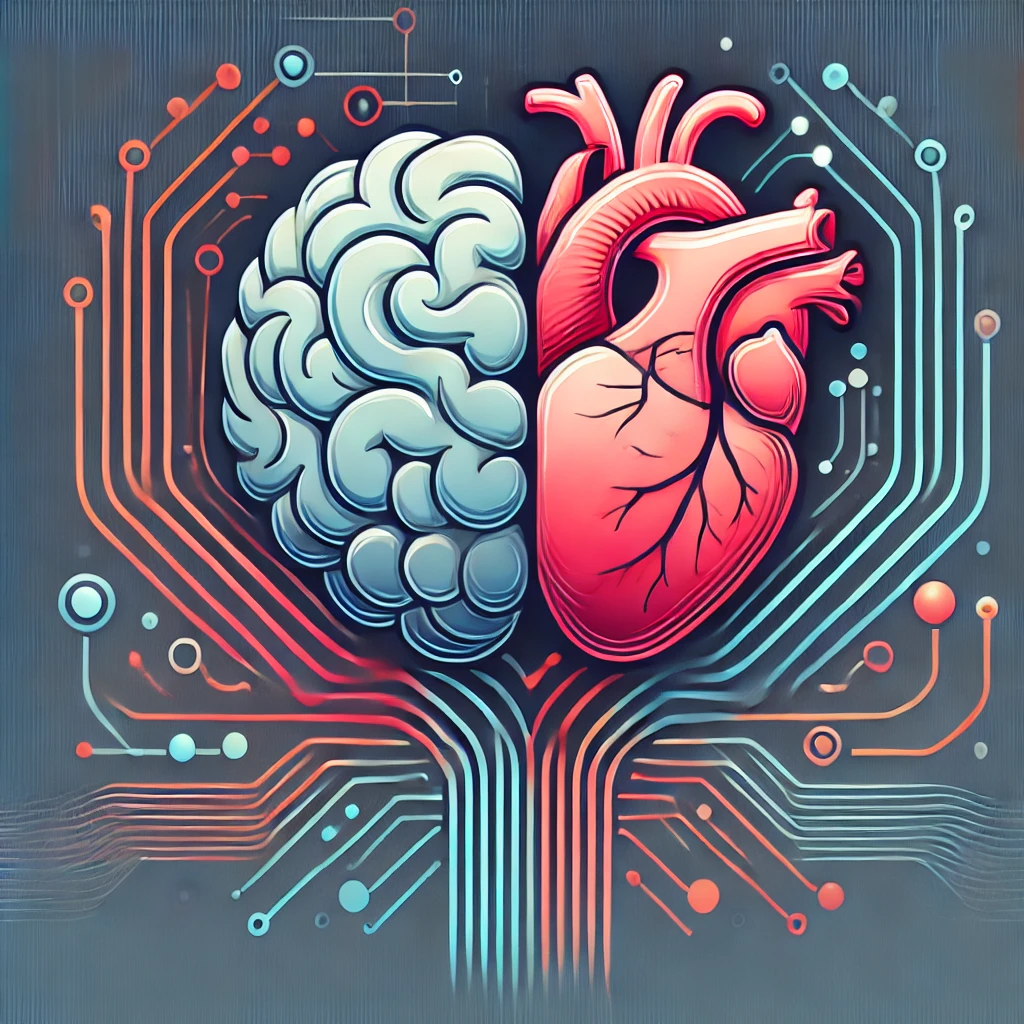Emotional Intelligence (EI) is the ability to recognize, understand, and manage one’s emotions and those of others. High EI is linked to better relationships, effective communication, and successful leadership. Life coaching plays a pivotal role in enhancing EI by providing tools and strategies to develop emotional awareness and regulation. This article examines how life coaching can bolster emotional intelligence and its impact on personal and professional life.
Understanding Emotional Intelligence
EI comprises four key components:
- Self-Awareness: Recognizing one’s emotions and their effects.
- Self-Management: Controlling impulsive feelings and behaviors.
- Social Awareness: Understanding the emotions of others.
- Relationship Management: Building and maintaining healthy relationships.
The Importance of Emotional Intelligence
High EI contributes to:
- Improved Communication: Expressing oneself clearly and listening effectively.
- Conflict Resolution: Navigating disagreements constructively.
- Leadership Skills: Inspiring and guiding others.
- Mental Health: Reduced stress and better coping mechanisms.
How Life Coaching Enhances Emotional Intelligence
- Developing Self-Awareness
- Reflective Exercises: Journaling and mindfulness practices to observe emotions.
- Feedback Mechanisms: Coaches provide objective insights into emotional responses.
- Strengthening Self-Management
- Emotion Regulation Techniques: Strategies to manage stress and control impulses.
- Goal Setting: Focusing on personal development targets to improve discipline.
- Increasing Social Awareness
- Empathy Training: Understanding and appreciating others’ perspectives.
- Active Listening Skills: Enhancing attention and comprehension in conversations.
- Improving Relationship Management
- Communication Strategies: Techniques for clear and compassionate dialogue.
- Conflict Resolution Skills: Approaches to address and resolve disagreements.
Case Study: From Reactivity to Responsiveness
Michael’s Journey
Michael struggled with anger management, affecting his work relationships. Through life coaching:
- Increased Self-Awareness: Identified triggers for his anger.
- Learned Self-Management: Adopted breathing techniques to calm down.
- Enhanced Social Awareness: Began to recognize colleagues’ emotions.
- Improved Relationships: Developed better communication skills, leading to a promotion.
Tools and Techniques Used in Life Coaching
- Emotional Intelligence Assessments: Identifying strengths and areas for improvement.
- Mindfulness Practices: Cultivating present-moment awareness.
- Role-Playing Scenarios: Practicing responses to challenging situations.
- Strengths-Based Approaches: Leveraging inherent talents to enhance EI.
The Ripple Effect of Enhanced EI
- Personal Life: Better relationships with family and friends.
- Professional Life: Increased job satisfaction and career advancement.
- Leadership: Ability to inspire and motivate teams effectively.
- Community Impact: Contributing to a more empathetic and understanding society.
Challenges in Developing EI
- Resistance to Change: Overcoming habitual patterns.
- Emotional Vulnerability: Facing uncomfortable feelings.
- Consistency: Maintaining practices over time.
Overcoming Challenges with Life Coach
Coaches provide:
- Supportive Environment: Safe space to explore emotions.
- Accountability: Regular check-ins to ensure progress.
- Customized Strategies: Tailored approaches to individual needs.
Conclusion
Enhancing emotional intelligence through life coaching leads to profound personal and professional growth. By developing self-awareness, self-management, social awareness, and relationship management skills, individuals can navigate life’s challenges more effectively. Investing in EI not only improves one’s quality of life but also positively impacts those around them.


















Leave a Reply